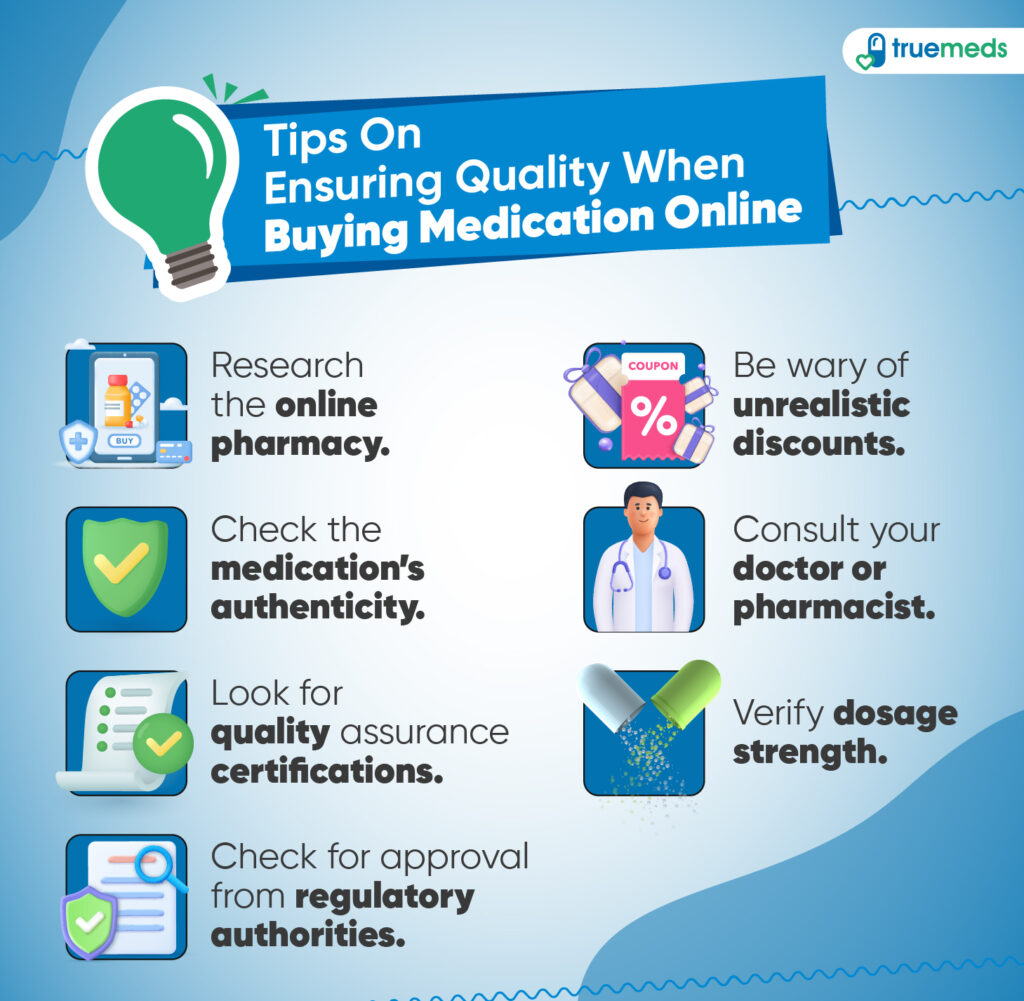Verify the online pharmacy’s legitimacy. Check for licensing information from your country’s regulatory body. Look for a physical address and contact details. Avoid sites with suspiciously low prices or those lacking secure payment gateways (HTTPS).
Check the Pharmacy’s Credentials
Confirm the pharmacy’s accreditation through independent verification services. Legitimate online pharmacies often display seals from organizations like LegitScript or the National Association of Boards of Pharmacy (NABP). Read reviews from verified users on independent review sites, paying attention to both positive and negative feedback.
Scrutinize the website’s content. A reputable pharmacy provides detailed product information, including ingredients, dosage instructions, and potential side effects. It should clearly state its return policy and customer service contact information. Beware of sites with poor grammar or spelling errors.
Protecting Your Personal Information
Only use secure websites with HTTPS encryption. This ensures your personal and financial information remains confidential. Never share your credit card details or medical history on insecure platforms. Be wary of sites requesting excessive personal data.
Understanding Your Medication
Before ordering, consult your doctor or pharmacist. They can verify the medication’s suitability and potential interactions with other medications you are taking. Ensure the dosage and formulation match your prescription.
Following Safe Practices
Track your order using the provided tracking number. Report any discrepancies in packaging or contents immediately to the pharmacy and relevant authorities. Keep your medication in a secure place, out of reach of children and pets.
Reporting Concerns
Report suspicious online pharmacies to the appropriate regulatory agencies. This helps protect others from potential scams and unsafe practices. Remember, your health is paramount; prioritize safety when purchasing medication online.



